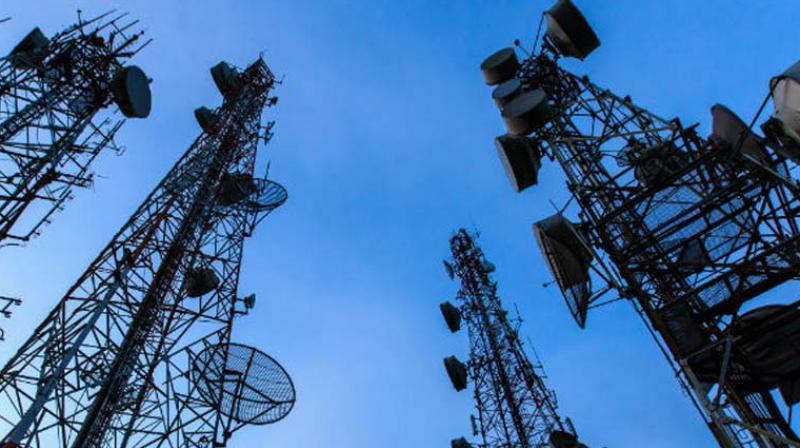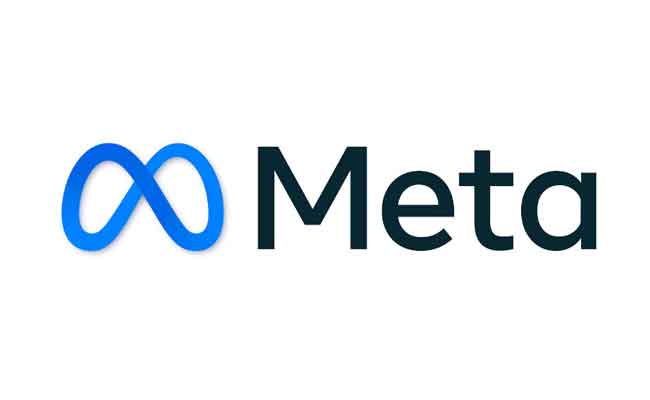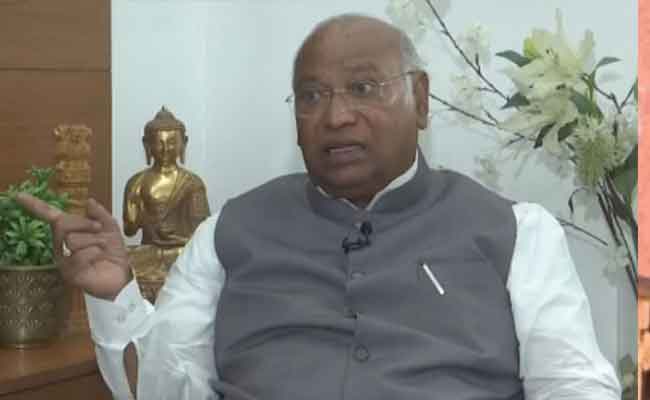New Delhi, Apr 11: Telecom regulator Trai on Monday recommended a 35 per cent cut in the reserve price for prime 5G spectrum frequencies in 3300-3670 MHz band, at Rs 317 crore per MHz.
Releasing its much-awaited recommendations, Trai said that all available spectrum in the existing bands of 700 MHz, 800 MHz, 900 MHz, 1800 MHz, 2100 MHz, 2300 MHz, 2500 MHz and the new spectrum bands of 600 MHz, 3300-3670 MHz and 24.25-28.5 GHz, will be put to auction.
"To provide flexibility to the telecom service providers, block size of 10 MHz for 3300-3670 MHz band and 50 MHz for 24.25-28.5 GHz band recommended. Spectrum to be assigned in a contiguous manner," Trai said in a statement.
In all, the reserve price across various bands works out to be nearly 39 per cent lower than that suggested last time, sources said.
For the prime 5G frequency of 3300-3670 MHz band, all-India reserve price adds up to Rs 317 crore per MHz, which is over 35 per cent lower than the Rs 492 crore/MHz suggested by Trai last time.
The base price for coveted 700 Mhz band works out to be Rs 3,927 crore per Mhz, which is 40 per cent lower than that proposed last time.
The Telecom Regulatory Authority of India (Trai) said that for the long-term growth and sustainability of the telecom sector, infusing liquidity and encouraging investment, the telecom service providers should be allowed easy payment options, including part payment with flexibility of moratorium.
The spectrum auctions are slated to be conducted in 2022, to facilitate the rollout of 5G mobile services within 2022-23, by private telecom providers. The next generation 5G will usher in ultra high-speeds and spawn new-age services and business models.
Let the Truth be known. If you read VB and like VB, please be a VB Supporter and Help us deliver the Truth to one and all.
New Delhi: During the ongoing Lok Sabha elections, Meta, the parent company of Facebook and Instagram, faces criticism for approving politically motivated advertisements containing hate speech and disinformation. According to a recent report, Meta approved several ads manipulated by Artificial Intelligence (AI), spreading disinformation and targeting specific demographics.
The report reveals that despite rejecting some ads, including one targeting Prime Minister Modi for misinformation, Meta approved others that targeted Muslims, violating its own policies on hate speech, bullying, harassment, misinformation, and violence incitement. These approved ads contained slurs against Muslims and Hindu supremacist language, further exacerbating tensions.
India Civil Watch International (ICWI) and Ekō, an accountability organization, submitted 22 ads to Meta, of which 14 were approved, highlighting the platform's failure to detect harmful content. Although Meta stated it requires advertisers to disclose their use of AI, critics argue that the platform lacks effective measures to address hate speech and disinformation.
Meta's history of failing to curb Islamophobia on its platforms adds to the skepticism regarding its ability to regulate harmful content during critical events like elections. With concerns over the proliferation of hate speech and disinformation online, questions arise about Meta's responsibility in safeguarding its users and ensuring a fair electoral process.





